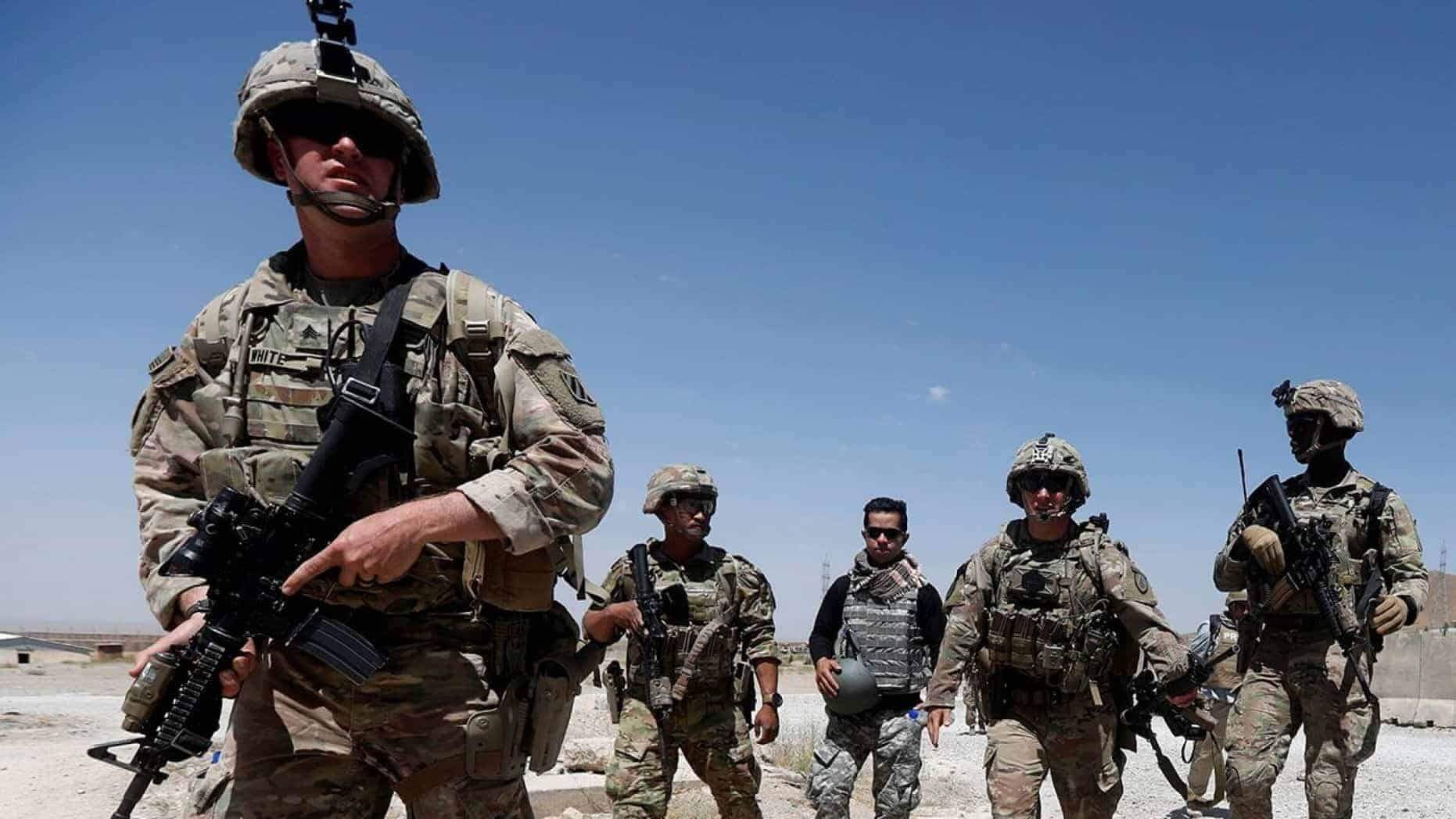US closes 5 military bases in Afghanistan as part of Taliban peace deal

The U.S. closed five military bases in Afghanistan as part of an agreement signed with the Taliban more than four months ago, a U.S. official confirmed to Fox News.
The deal promised to withdraw all U.S. forces from the bases in the first 135 days, a milestone met on Tuesday, President Trump’s special representative to the talks, Zalmay Khalilzad, said.
"The U.S. has worked hard to carry out the 1st phase of its commitments under the Agreement, including to reduce forces & depart five bases. NATO troops have come down in proportional numbers," Khalilzad said on Twitter.
Afghan media outlet Tolo reported the five U.S. bases that closed are located in Helmand, Uruzgan, Paktika and Laghman provinces, in southern and eastern Afghanistan.
The larger U.S. bases in Bagram, located outside Kabul, and Kandahar Air Field in southern Afghanistan remain open.
Another major stipulation of the proposed peace deal brokered in Doha in February between the Taliban and the U.S. is the large-scale withdrawal of American troops in Afghanistan.
The U.S. slashed the number of troops in the region to 8,600, down from a high of over 100,000 in 2010.
Despite the reduction in U.S. troops as part of the agreement, violence between the Taliban and Afghan forces has spiked in recent months, according to the Afghan government.
Just a day before the base closures, the Taliban detonated a car bomb at a government facility in Samangan province's capital Aybak, near the office of the National Directorate of Security (NDS), a key intelligence agency, killing 11 security personnel and wounding at least 63 civilians, including children.
The surge in violence across the nation targeting Afghan forces is likely a tactic to strongarm the government into releasing nearly 600 additional Taliban prisoners before the group considers measures to end the nearly two-decades-old war in the region.
"We condemn today's attack. The use of major explosives to detonate a vehicle in a provincial capital is unacceptable and will strengthen those who oppose peace and plays into the hands of spoilers. All sides must reduce violence" Khalilzad tweeted on Monday.
"Violence has been high, especially in recent days & weeks. Afghans continue to die in large numbers for no reason. The Taliban's attack today in a provincial capital contradicts their commitment to reduce violence until a permanent ceasefire is reached in intra-Afghan talks," he added.
The government has released 4,199 Taliban prisoners and the Taliban 779 members of pro-government forces, according to figures provided by both sides, Al Jazeera reported.
Despite the prisoner exchanges on both sides as called for in the U.S.-Taliban deal, talks for a mutual peace agreement have been at a standstill, delaying its kickoff that was supposed to begin in March.
"As we look to the next phase of implementation under the agreement, our approach will remain conditions-based," Khalilzad said. "We will press for completion of prisoner releases, reduction of violence, complete delivery on CT commitments and start of and progress in intra-Afghan negotiations."
Photo: U.S. troops patrol at an Afghan National Army (ANA) Base in Logar province, Afghanistan August 7, 2018. REUTERS/Omar Sobhani
Link: https://www.foxnews.com/world/us-military-closes-5-bases-afghanistan-taliban-deal-special-rep




